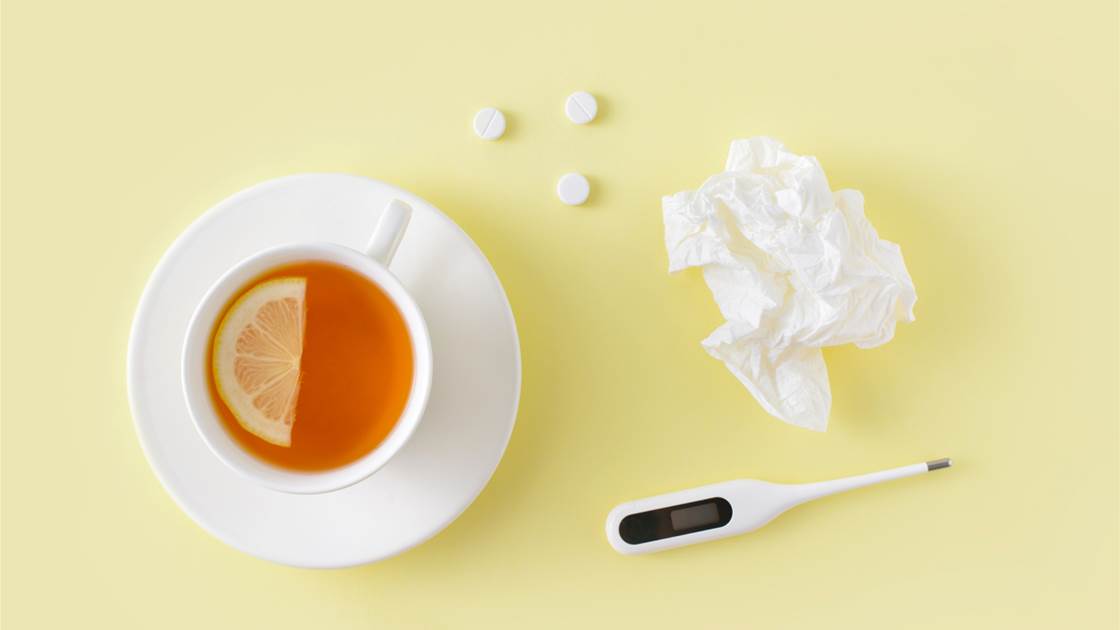Let’s face it – snot happens. But for a good reason. When your nose becomes irritated by a cold or flu virus, the blood vessels in your nasal cavity swell and your body secretes mucus in an attempt to flush out the culprits, explains GP Dr Donald Ford.
Unfortunately, this defence system can clog up your nostrils, making it a real challenge to breathe freely. There are plenty of remedies out there that claim to clear up stuffiness, but which ones really work? Let’s find out!
Naväge nose cleaner
What it is: A high-tech update of a neti pot (a long-necked pot you fill with sterile or distilled water to pour through your nostrils). This one is battery-powered to provide gentle suction so you won’t have to bend over the sink.
What we know: While there are no studies yet on this new device, research shows that nasal irrigation works. “Used properly, neti pots have very few side effects,” says internal medicine specialist Dr Robert Stroebel, who points out that a simple nasal saline spray can also help a bit.
Should you try it? Sure, if you have chronic stuffiness and it’s worth the extra money to make the irrigation process easier, says integrative medicine practitioner Dr Taz Bhatia. “But clean it daily – if you don’t, you might flush mould into your sinus cavity and create more problems.”
Eucalyptus Oil
What it is: A plant extract you can put into a diffuser or mix into steaming water.
What we know: There might be minimal research supporting the oil’s decongestive properties, but some experts say the cooling sensation it gives can soothe a raw nose and may help with congestion. “If I’m stuffed up, I like to boil a cup of water, add five to eight drops of eucalyptus oil, put a towel over my head and then inhale the steam,” says Dr Bhatia.
Should you try it? Maybe – it might not help, but if you want a natural alternative, it won’t hurt.
Decongestants
What they are: Pills and liquids that aim to alleviate nasal congestion with one of two active
ingredients: pseudoephedrine (which is more effective, but sold behind the counter because it can be used to make illegal drugs) or phenylephrine (about half as effective, but easier to buy).
What we know: “Decongestants work by shrinking the swollen capillaries in your nose,” explains Dr Ford. A 2016 review of research found that continual use may improve congestion, but a single-dose drug won’t do much at all.
Should you try them? Yes, but be aware that side effects include restlessness and palpitations. “It’s a weak stimulant, but it’s still a stimulant,” says Dr Stroebel. “Take it during the day and switch to a nasal spray by dinner; there’s less absorption into the bloodstream, so you’ll sleep better.” Also, decongestants constrict blood vessels, so if you have high blood pressure
or another chronic illness, check with your GP before using one.
This article was originally published in the January 2020 issue of Prevention US.



.jpg&h=90&w=90&c=1&s=1)





